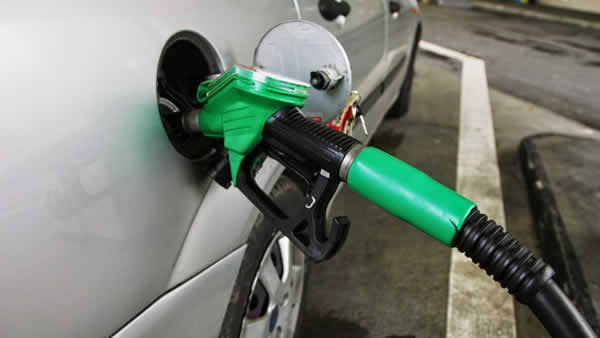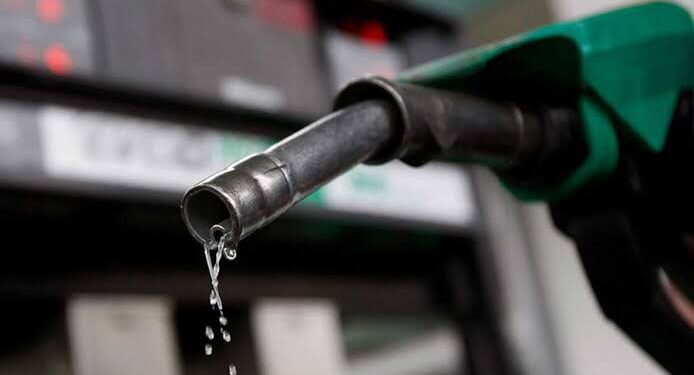According to the Centre for Ability Rehabilitation and Empowerment (CARE), Nigeria cannot continue to import Premium Motor Spirit (PMS), also known as petrol, at a cost of $400 million per month on average.
Dr. Chike Okogwu, the founder and chief responsibility officer of CARE, stated this in Abuja on Tuesday.
He said that in order to stop the wastage of the country’s limited foreign exchange reserves, it is critical to promote indigenous ventures like the Dangote Refinery.
In his view, the refinery should get government support in addition to preserving Nigeria’s foreign exchange revenues because of the value it brings to the economy, particularly through cooperative social responsibility and charity.

According to him, Nigeria spends an average of $400 million a month on fuel imports, which is an enormous amount of money (Source: Nigerian National Petroleum Corporation, (NNPC).
What they’re saying
“This considerable expense puts pressure on the country’s foreign exchange reserves, resulting in exchange rate increases. Since 2015, Nigeria has spent more than $40 billion on petroleum imports (Source: Central Bank of Nigeria).
“At the vanguard of Nigeria’s economic growth and inclusive development, we at the Centre For Ability, Rehabilitation, and Empowerment (CARE) recognise the Dangote Refinery and Foundation’s essential role in empowering people with disabilities.
“As we address the difficulties of high petroleum costs and their impact on people with disabilities, we must recognise the refinery’s potential to cut fuel imports, stabilise the currency rate,and create a more inclusive economy
“The Dangote Refinery, with its capacity of 650,000 barrels per day, will drastically reduce petroleum imports, conserving foreign cash and stabilising the exchange rate. “This, in turn, will: Lower transport costs for PWDs, making it easier for them to access essential services and participate in economic activities.”
“ It will increase access to affordable electricity as pressure on foreign exchange leakage will make the Naira stronger and electricity prices currently calculated by the exchange rates will reduce” and “reduce the financial burden on PWDs, who often face higher transportation costs due to their disability.”
Bottom Line
The non-governmental organisation also urged the federal government to take into account additional advantages of having a healthy petrochemical sector, such as the ability to produce fertiliser, which increases agricultural output and helps alleviate the food shortage in Nigeria and the wider West Africa subregion.
The continuous outflow of foreign exchange to pay for fuel imports weakens the Naira and contributes to inflationary pressures. By reducing fuel import dependency, Nigeria could conserve foreign exchange, stabilize its currency, and create a more favorable economic environment.

















